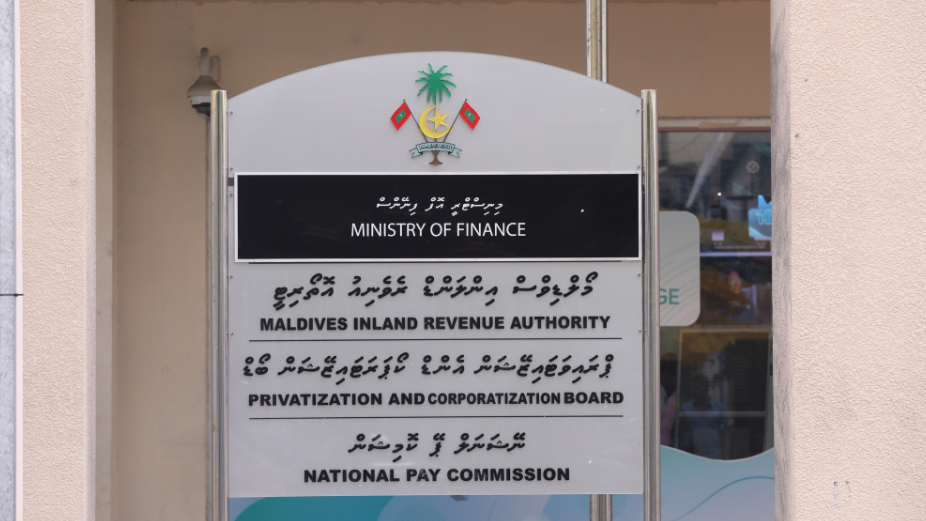Taxes contributed to a substantial 70% of the Maldives’ total government revenue and grants last year, consolidating their position as a primary revenue source. A 2022 survey involving 122 businesses and 472 households aimed to understand their views on fiscal policies and tax administration. The results largely mirror the Ministry of Finance’s expectations.
Businesses and households alike express an eagerness to play an active role in policy reforms. Notable suggestions include the refinement of current budgetary expenditures, optimising subsidy allocation, and reconsidering the rate of the Tourism Goods and Services Tax (TGST). For any proposed fiscal changes, timely notice and proper preparation are deemed crucial.
The study pointed to a disparity in tax awareness between businesses and households. While businesses have a firmer grasp on tax principles, households require additional assistance, particularly concerning the newly introduced Income Tax. Direct taxes seem more cumbersome to businesses, whereas households appear less informed about income sources, tax rates, and related procedures.
Both sectors view tax payment as a civic duty. The main incentives for tax compliance are the avoidance of penalties and the upkeep of a commendable reputation. However, challenges exist: worries over competitiveness and monetary liquidity are prevalent. The Maldives Inland Revenue Authority (MIRA) has undertaken effective compliance measures such as compliance visits, the publishing of non-compliance lists, and resorting to litigation.
There’s a perceptible trust issue concerning governmental tax bodies. Non-payment sentiments stem from perceptions of corruption, significant tax impositions, and lackadaisical enforcement. Though some businesses raised concerns about potential malpractice within the Maldives Customs Service (MCS), MIRA remains largely trusted.
Feedback about MIRA’s services is generally positive. A majority of businesses reported satisfaction with audit proceedings. Yet, there are areas for improvement. Enhancing public awareness, delivering faster responses, and broadening digital services were among the top suggestions. To refine the taxpayer’s experience further, initiatives like reducing digital application downtimes, decreasing the frequency of updates, and leveraging social media for tax information dissemination were recommended.
The findings underline a significant gap in public education and suggest a robust need for better communication from the authorities on fiscal matters. Emphasising the necessity for improved two-way communication channels could foster a more informed public, facilitating greater inclusivity and consensus in policy-making.
In terms of policy ramifications, the survey suggests the primacy of giving prior notice for fiscal policy alterations, potential adjustments in GST rates, curtailing current budget expenses, re-evaluation of tax exemptions, and reinforcing compliance through enhanced awareness initiatives, feasible instalment plans, and more efficient services.



















